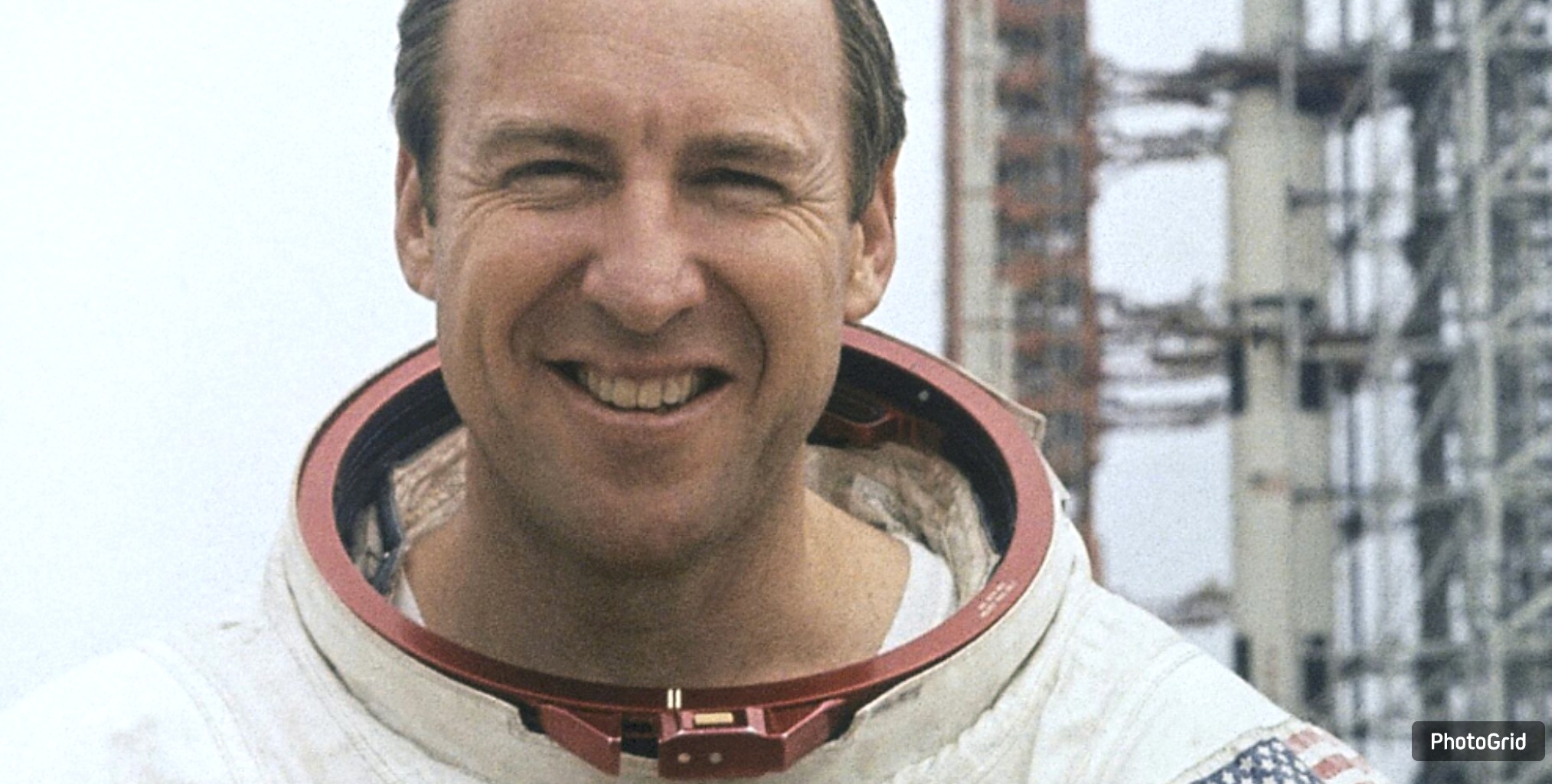


James Lovell, the commander of Apollo 13, whose unwavering leadership transformed a perilous moon mission into a testament of NASA's ingenuity, has passed away at the age of 97.
NASA announced on Friday that Lovell passed away on Thursday at his residence in Lake Forest, Illinois. “Jim’s character and unwavering bravery propelled our nation to the Moon, transforming what could have been a tragedy into a remarkable success from which we gained invaluable insights,” the agency stated.
With a remarkable history of four spaceflights—Gemini 7, Gemini 12, Apollo 8, and Apollo 13—Lovell emerged as one of NASA’s most seasoned astronauts in the early years of the space program.
In 1968, he and his fellow astronauts, Frank Borman and William Anders, made history as the first humans to orbit the Moon on Apollo 8. Their mission produced the iconic “Earthrise” photograph and featured a memorable Christmas Eve reading from Genesis, resonating deeply with a nation in turmoil.
Two years later, Lovell took the helm of Apollo 13, a mission poised to mark his inaugural lunar landing. As the spacecraft journeyed halfway to the moon, an unexpected explosion of an oxygen tank left it severely compromised. Lovell, Fred Haise, and Jack Swigert found themselves compelled to take refuge in the lunar module, a cold and cramped lifeboat that would accompany the astronauts on their tense four-day journey back to Earth.
In a remarkable display of ingenuity, the team collaborated closely with mission control, devising innovative strategies to conserve oxygen, power, and navigation. Their efforts culminated in a successful splashdown in the Pacific, marking a triumphant return to Earth.
The iconic 1995 film Apollo 13, featuring Tom Hanks as Lovell, captured the mission and solidified his standing as a composed and resolute leader in the face of intense adversity. “What I hope people take away is that, in many ways, it was indeed a success,” Lovell remarked in 1994. “While we may not have achieved specific goals, we successfully showcased the skills and expertise of NASA personnel.”
Born on March 25, 1928, in Cleveland, Lovell's journey began with his graduation from the U.S. Naval Academy in 1952. He then took to the skies as a Navy test pilot before making a significant leap to NASA in 1962. After a distinguished career, he stepped away from both the Navy and the space agency in 1973. In the years that followed, he collaborated on the memoir "Lost Moon," which would go on to inspire the acclaimed film "Apollo 13."
Among Lovell's prestigious accolades is the Congressional Space Medal of Honor, which was bestowed upon him by President Bill Clinton in 1995. In 2023, he faced the profound loss of his wife, Marilyn, with whom he shared 71 years of marriage. Among those who remain are four children.
In 1995, Clinton remarked on Lovell’s enduring legacy, highlighting “the abiding respect and gratitude of the American people.” Lovell articulated it succinctly: “When things go awry, that’s what distinguishes the men from the boys.”
















From breaking news to thought-provoking opinion pieces, our newsletter keeps you informed and engaged with what matters most. Subscribe today and join our community of readers staying ahead of the curve.